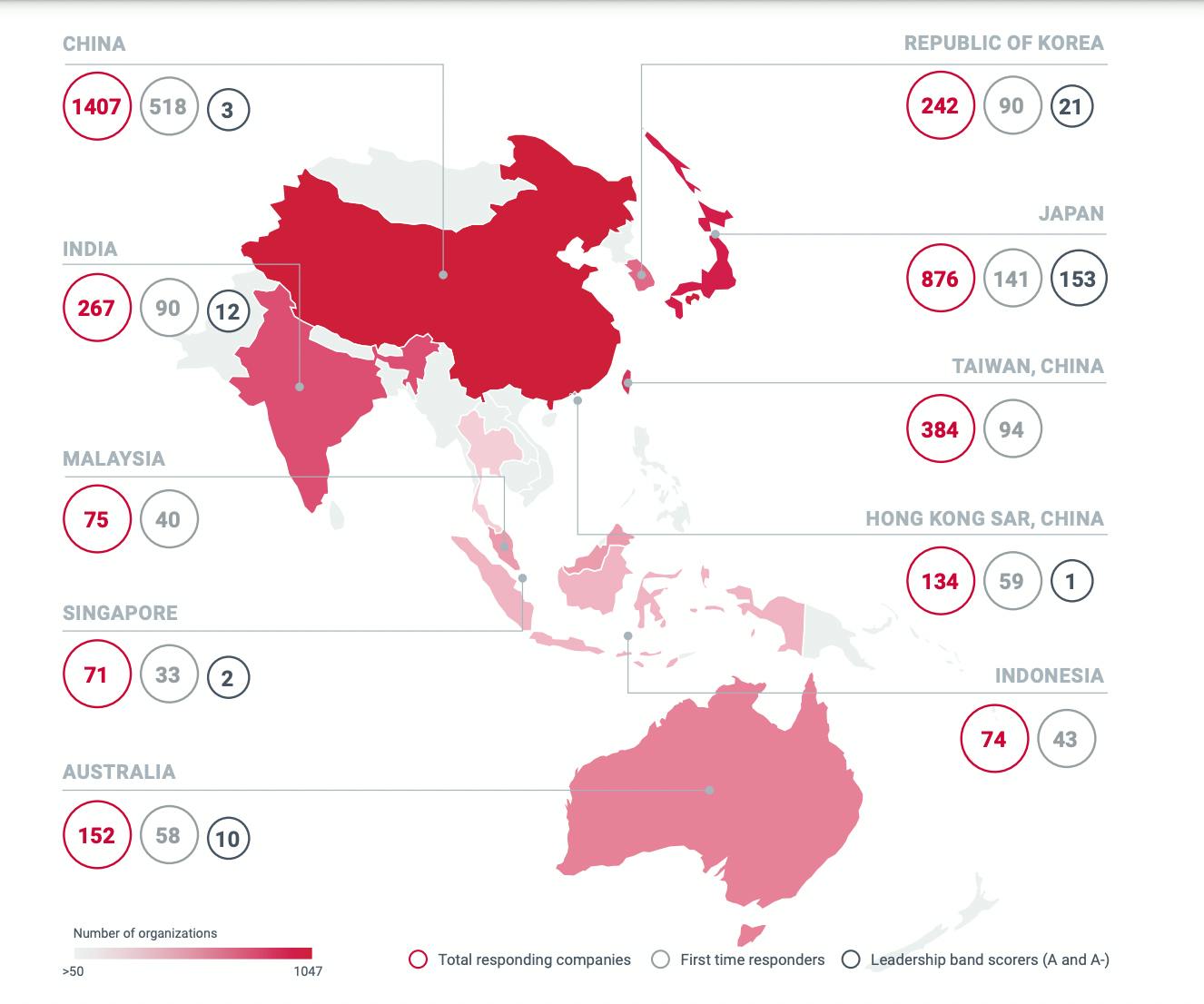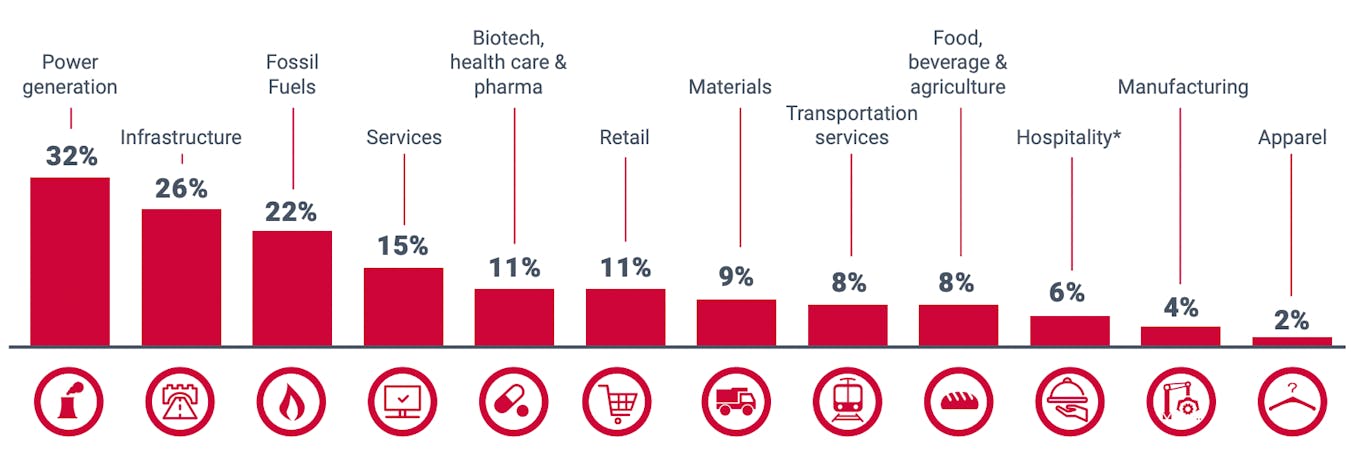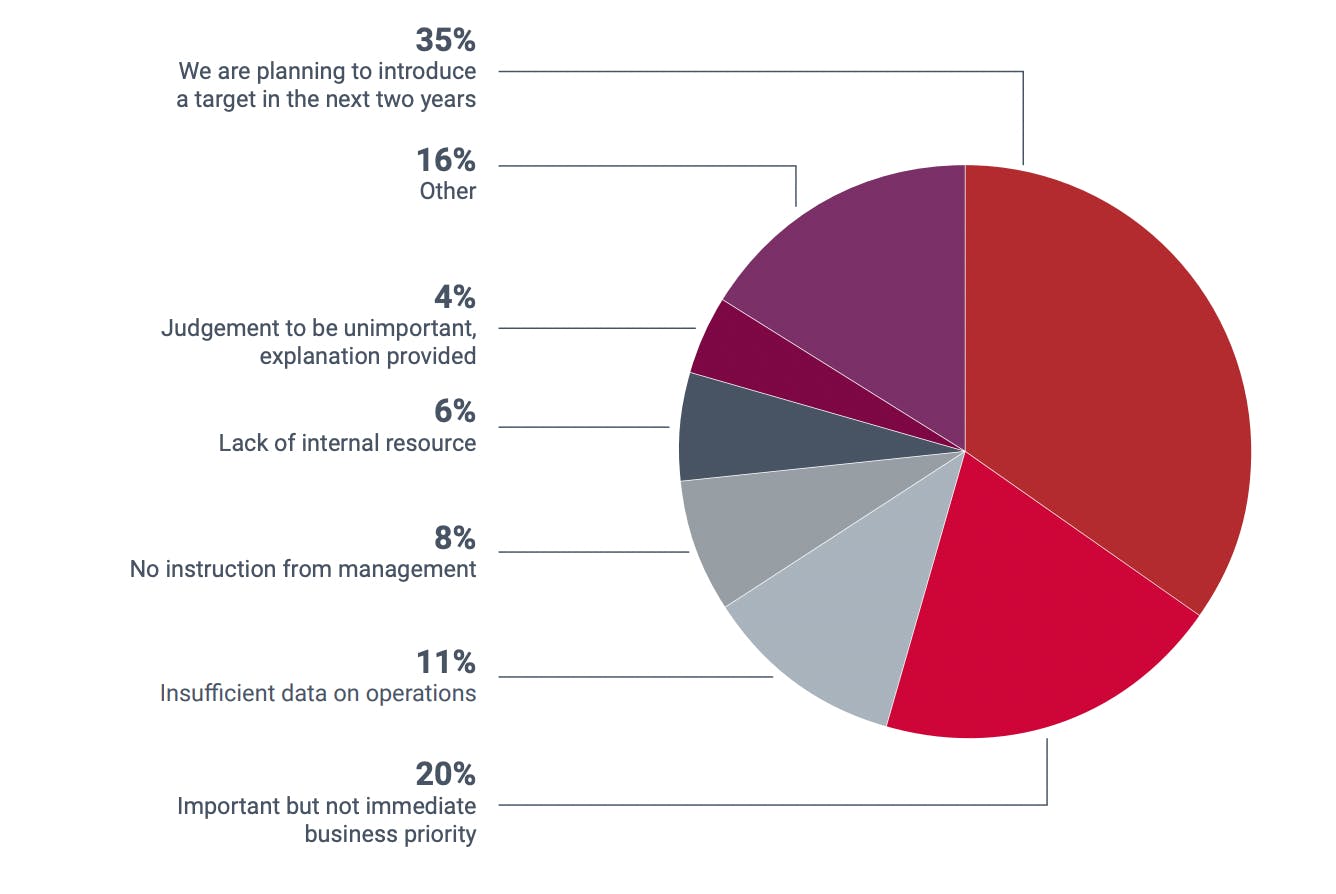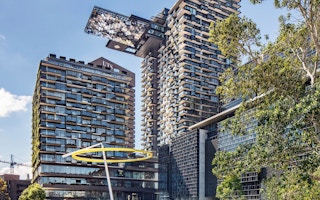Corporate Asia is lagging the rest of the world in the race to decarbonise, according to a new study from CDP, a non-profit which measures the carbon pollution exposure of businesses and governments.
To continue reading, subscribe to Eco‑Business.
There's something for everyone. We offer a range of subscription plans.
- Access our stories and receive our Insights Weekly newsletter with the free EB Member plan.
- Unlock unlimited access to our content and archive with EB Circle.
- Publish your content with EB Premium.
In 2021, 3,879 companies from 21 markets in the Asia Pacific region disclosed their climate commitments to CDP, and two-thirds of them had pledged to reduce emissions. But only 291 firms (8 per cent) have a target in place to cut emissions to net-zero by 2050, in line with the recommendations of the Paris climate accord, said CDP.
Less than one-third of APAC companies reporting to CDP have science-based targets. These targets provide a clearly-defined pathway for companies to cut emissions, and in turn global warming, to a level deemed safe by climate scientists.
The study found that eight out of 10 APAC firms reported their direct and indirect Scope 1 and 2 emissions, but only one in four reported their full value chain, or Scope 3, emissions. On average, Scope 3 emissions account for more than 11 times of a company’s Scope 1 and 2 emissions combined.
Companies with decarbonisation targets — either to reduce absolute emissions or cut emission intensity — are four times more likely to decrease their emissions, CDP’s research found. However, in 2021, 600 APAC companies that reported emissions cuts represent only about 1 per cent of the region’s overall emissions.
Claiming ambition without clear disclosure is no longer possible.
John Davis, director, Asia Pacific, South Pole
The study, How companies in Asia Pacific are preparing for the net-zero economy, shows a 29 per cent year-on-year increase in APAC firms reporting to CDP, although APAC’s growth is slower than the 35 per cent global increase in climate reporting.
The region’s big corporations are under growing pressure to report climate-related risk, as countries including Japan, New Zealand, Hong Kong and Singapore move towards legislation that mandates climate disclosure. In July, G7 countries pledged to force banks and companies to disclose climate risk to hasten the shift to net-zero.
Though environmental, social and governance (ESG) reporting is growing rapidly, businesses must choose from more than 1,000 reporting frameworks to disclose their impact. Sunny Verghese, chief executive of Singapore-based agribusiness Olam, said last year that Asian business leaders lacked a reliable playbook to help them reach net-zero.
Crunching the climate numbers
Japan leads the region for quality corporate climate disclosure, with more than five times as many Japanese firms graded highly for reporting than the next most highly rated country, South Korea.

Climate disclosure by country in 2021: All markets saw an increase in disclosures from 2020. Source: How companies in Asia Pacific are preparing for the net-zero economy
The territories with the highest proportion of companies with decarbonisation targets were Japan, Hong Kong, China, and Taiwan.
Japanese firms including electronics brand Hitachi, beverages brand Asahi Group and aircon manufacturer Daikin scored an A grade for climate action. The lowest scorers included Indian coal giant Adani Enterprises, Malaysian airline AirAsia Group, and Chinese e-commerce firm Alibaba.
Power companies have the most net-zero targets (32 per cent) of any industry sector. Apparel firms are the region’s least prolific target-setters.

Proportion of companies reporting net-zero targets by industry (Sample size = 3,879). Source: How companies in Asia Pacific are preparing for the net-zero economy.
One in three reporting companies that did not yet have an emissions target said they planned to introduce one in the next two years. One-fifth said they had not set a net-zero target because decarbonisation was not an immediate business priority.

Reasons companies give for not setting a net-zero target [click to enlarge]. Source: How companies in Asia Pacific are preparing for the net-zero economy
The report emerges a month after a study by the world’s leading climate scientists warned that the window of opportunity for effective climate action is closing fast. Asia Pacific generates more than half of the world’s man-made emissions, and is among the most vulnerable regions to climate change.
Southeast Asia could suffer annual losses of 4.5 per cent of GDP to climate change over the next 30 years if insufficient action is taken to reduce emissions, a 2021 study by Deloitte found.
John Davis, Asia Pacific director of climate solutions firm South Pole, which co-authored the report, said that what Asia Pacific corporations do or do not do today to address the climate crisis “will be felt across the entire world.”
“Claiming ambition without clear disclosure is no longer possible – especially at a time when actions and words need to match the true scope and scale of our climate challenge, especially in Asia Pacific,” he said.








